Today we recognize Giving Tuesday. Juxtaposed with Black Friday and Cyber Monday, Giving Tuesday counterbalances holiday hyper-consumerism by placing an emphasis on redistributing money to do good. In 2019, GivingTuesday.org reported that $511 million was given online within 24 hours in the US alone--a 28% increase from the prior year. Whole Whale predicts that $605 million will be raised on December 1, 2020.
Moving money is one way to shift power and resources to BIPOC communities, which is a vital part of anti-racist work. While we often think of giving to large charities, the model for many white-led nonprofits and government organizations is rooted in white supremacist capitalism, as white leaders determine what’s best for communities of color and “give” that money to them. Additionally, fundraisers often do more to line the pockets of third-party organizations or charity leadership than to help the communities they work with
This Giving Tuesday, we’re disrupting that model by resourcing grassroots organizing and mutual aid funds. Mutual aid is an anti-capitalist alternative based on non-Western traditions that focuses on solidarity and collective care; it is not charity. A mutual aid framework is reciprocal, with members of the network coming together to care for one another, taking and giving as needs arise.
Forms of mutual aid have existed historically across cultures, among groups excluded from mainstream systems. Communities often made up of BIPOC, immigrants, disabled people, homeless people, and LGBTQ folk have created networks for their survival. In NYC, mutual aid networks also formed in response to tragic events such as 9/11 and Hurricane Sandy. During the pandemic, mutual aid has become a necessity, with over 70 groups emerging in NYC alone. Mutual aid groups’ initial efforts this year focused on helping people obtain essential goods like food and PPE. Eight months later, these groups are focusing on long term community goals related to issues such as police reform, housing justice in lieu of mass evictions, and getting out the vote.
As white people, it’s our responsibility to address the vast aggregated wealth gap between white and BIPOC households. Wealth and resources have been disproportionately accumulated by white people at the expense of BIPOC historically through colonialism, slavery, Jim Crow-era Black Codes, and systemic education and job discrimination. Government programs like the New Deal and the GI Bill that fueled the rise of the white middle class in the 20th century left out non-white Americans. Redlining prevented Black and other minority groups from building home equity. As a result, the net worth of a typical white family, according to data compiled in 2016, was $171,000, nearly ten times greater than that of a typical Black family whose net worth was $17,150.
On this Giving Tuesday, we can help empower local communities by donating both money and time to mutual aid groups. Organizations such as Mutual Aid NYC and NYC United Against Coronavirus have published listings of groups serving particular communities or addressing specific needs, including food, housing, disability and mental health services, pet care, child care, home maintenance, and small-business resources. No matter where we choose to give, when we contribute to mutual aid and grassroots organizing groups, we help build a stronger, more equitable city.
In solidarity,
SURJ NYC
